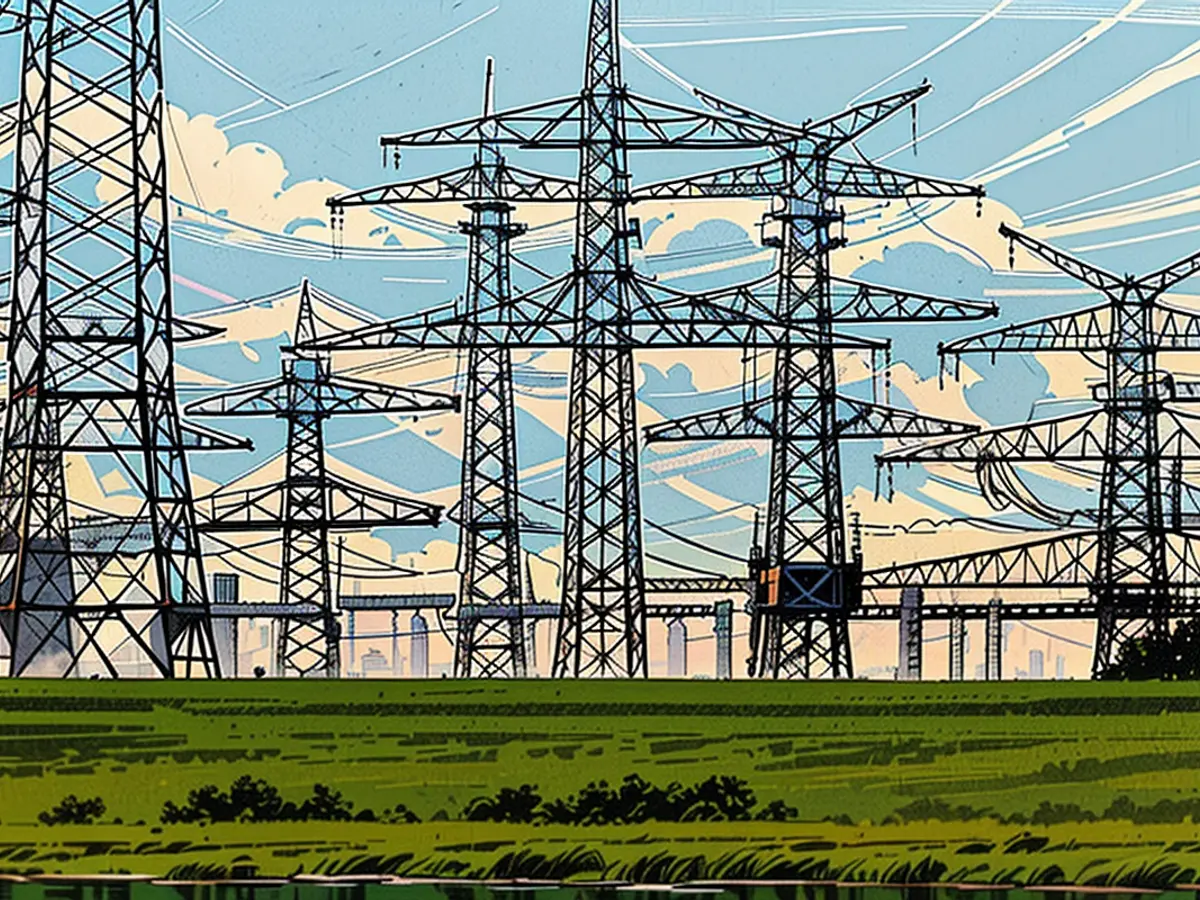The regional distribution of network expansion costs will become more equitable starting from the upcoming year.
Starting next year, the expenses associated with upgrading the power grid due to the growth of renewable energy sources will be shared more equitably among different regions.
The German Federal Network Agency unveiled a new policy on Friday, set to take effect on January 1, aimed at alleviating regions that excessively produce renewable energy. "We're streamlining fair utility rates for residents and businesses in regions with substantial renewable energy expansion," explained agency head Klaus Müller.
Regions producing significantly more renewable energy than they consume bear substantial grid improvement costs, which ultimately get passed on to local consumers. Currently, network fees in large portions of northern and northeastern Germany are significantly higher than in other areas due to the concentration of wind turbines in the north and massive solar installations in rural areas.
From now on, these extra expenses will be divided among all German electricity consumers. "The substantial relief for burdened regions is counterbalanced by manageable additional costs for all electricity consumers," clarified the network agency. To begin with, network providers with substantial costs will be pinpointed.
Initially, the Federal Network Agency anticipated the most relief for Brandenburg, Schleswig-Holstein, and Saxony-Anhalt. Network fees may also decrease locally in Mecklenburg-Vorpommern, Bavaria, and Lower Saxony. Detailed information on who stands to gain and who won't be unveiled by mid-October. Network fees account for approximately a quarter of the average total electricity expenses for private households.
- The equitable distribution of grid upgrade expenses due to the rise of renewable energy sources will significantly reduce the high network fees in regions like Mecklenburg-Vorpommern and Bavaria.
- The sharing of expenses associated with upgrading the power grid will help alleviate the substantial energy costs borne by local consumers in regions excessively producing renewable energy, such as Brandenburg and Schleswig-Holstein.








